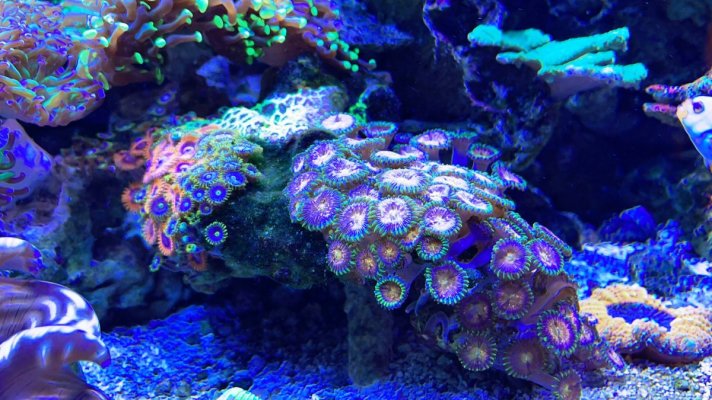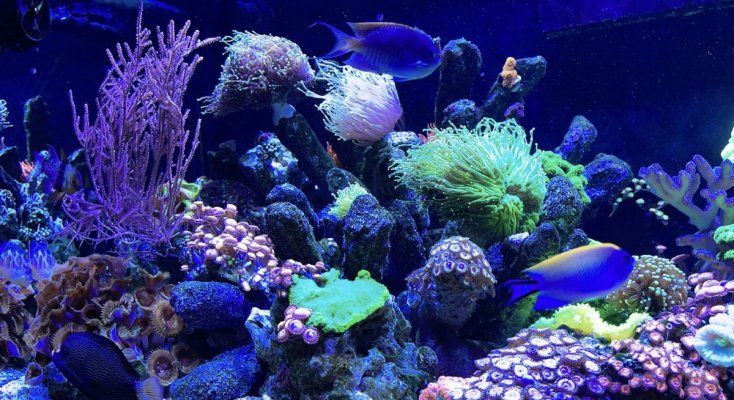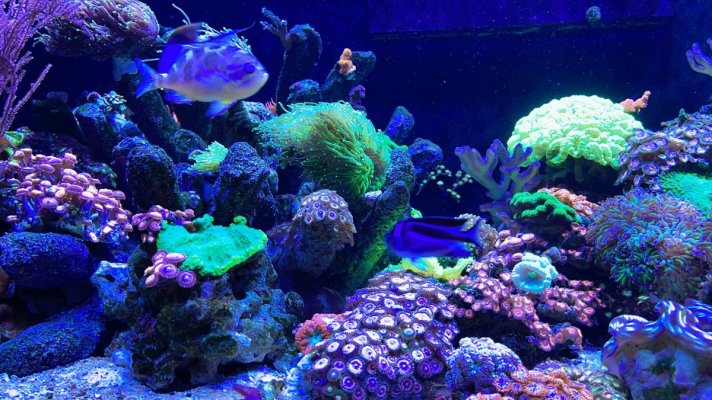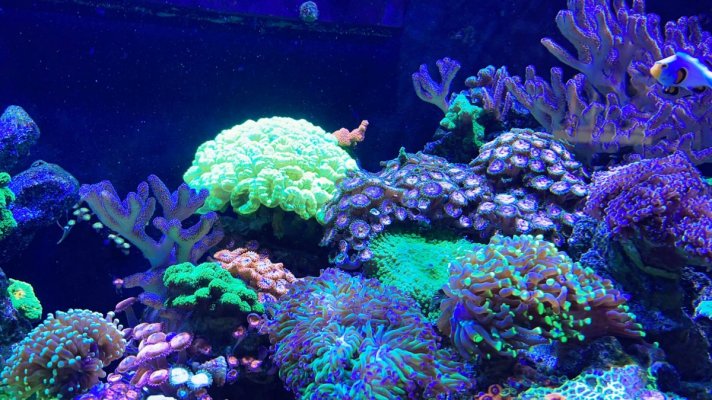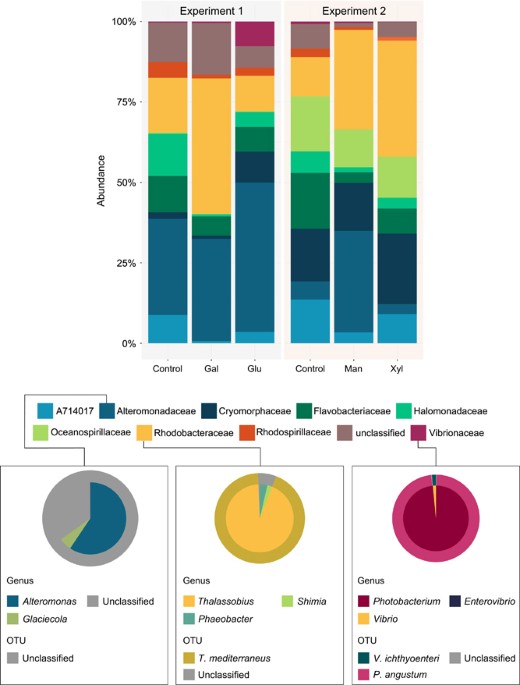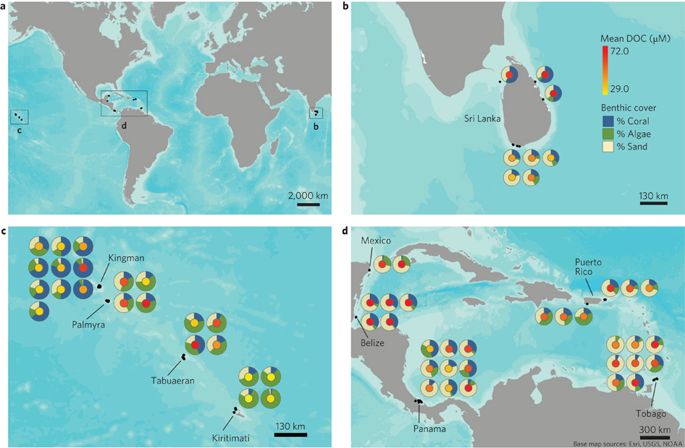I never see these DOC being mentioned in either peoples problems or solutions to peoples problems.
And just linking a bunch of random articles proves nothing. Is there a specific point you wanted to make with this "research"? Because I just browsed over it, and it seems to mostly be suggesting that low nutrient levels found in the ocean leads to faster bleaching. Which I think in the reef community we know this to be true when you have low nutrients, but high lighting. Yet for some reason you seem to be blaming the carbon source that lowers them?
I mean I'm just guessing because you didn't really make a point, just unloaded a bunch of links.
Well, I was correcting your assumption I was hooked on "old school ways" when in reality I'm constantly reviewing research to better understand what's happening in my systems. And apparently you missed the point it is excess labile DOC, aka carbon dosing, that causes coral disease and death. You're right, we don't see people mentioning DOC when they have problems, but for a long time smoking was never mentioned as a cause of lung until research showed the link. We now have lots of research showing labile DOC casues significant problems with corals and I do not see the wisdom of adding labile DOC. And to reiterate, the forms of labile DOC that causes the most harm, Dissolved Combined neutral Sugars is not removed by skimmers and is not removed by GAC, water changes are the best way to remove it.








